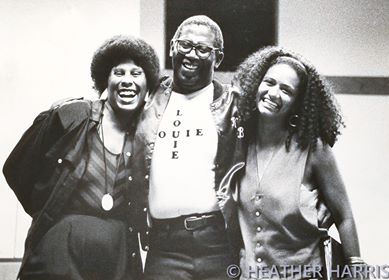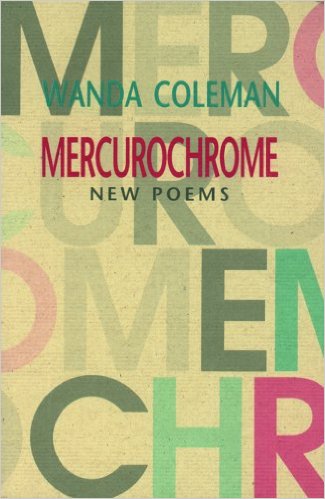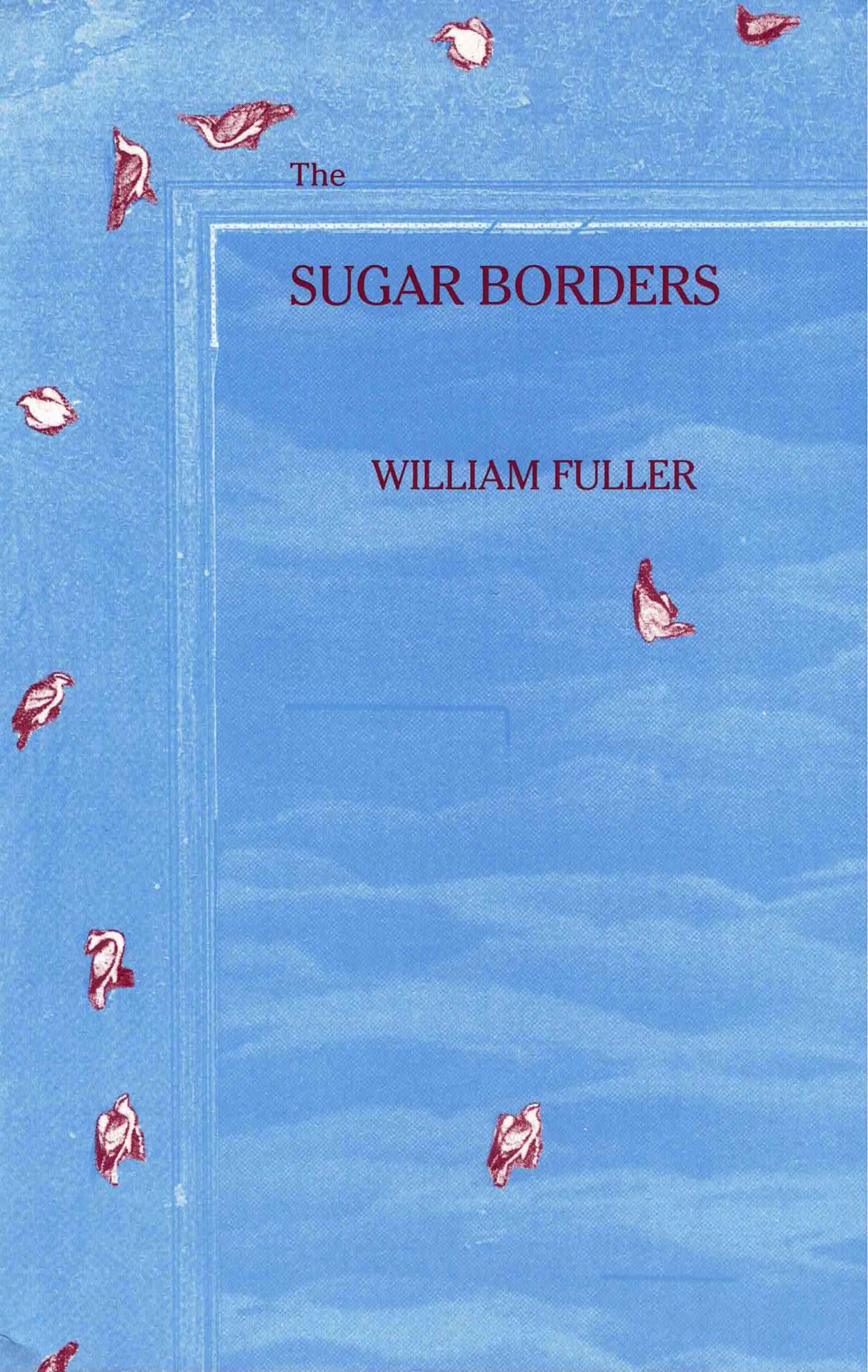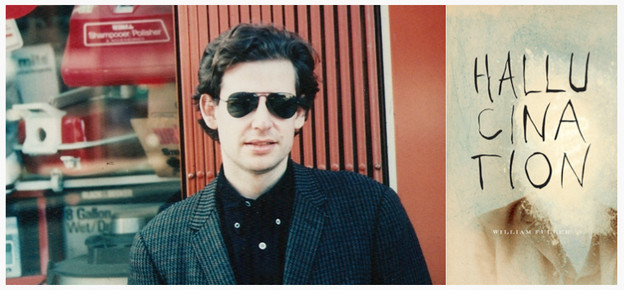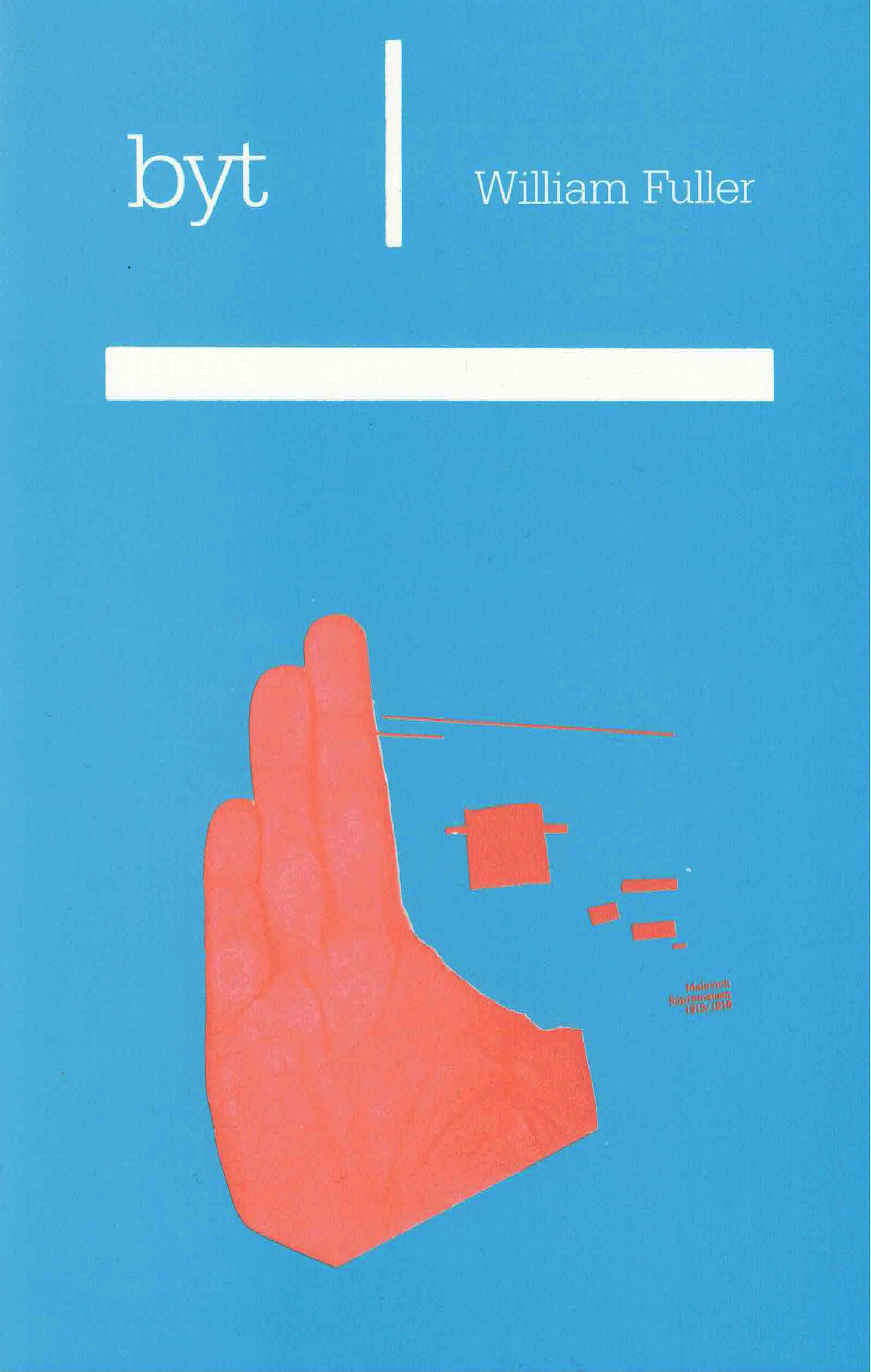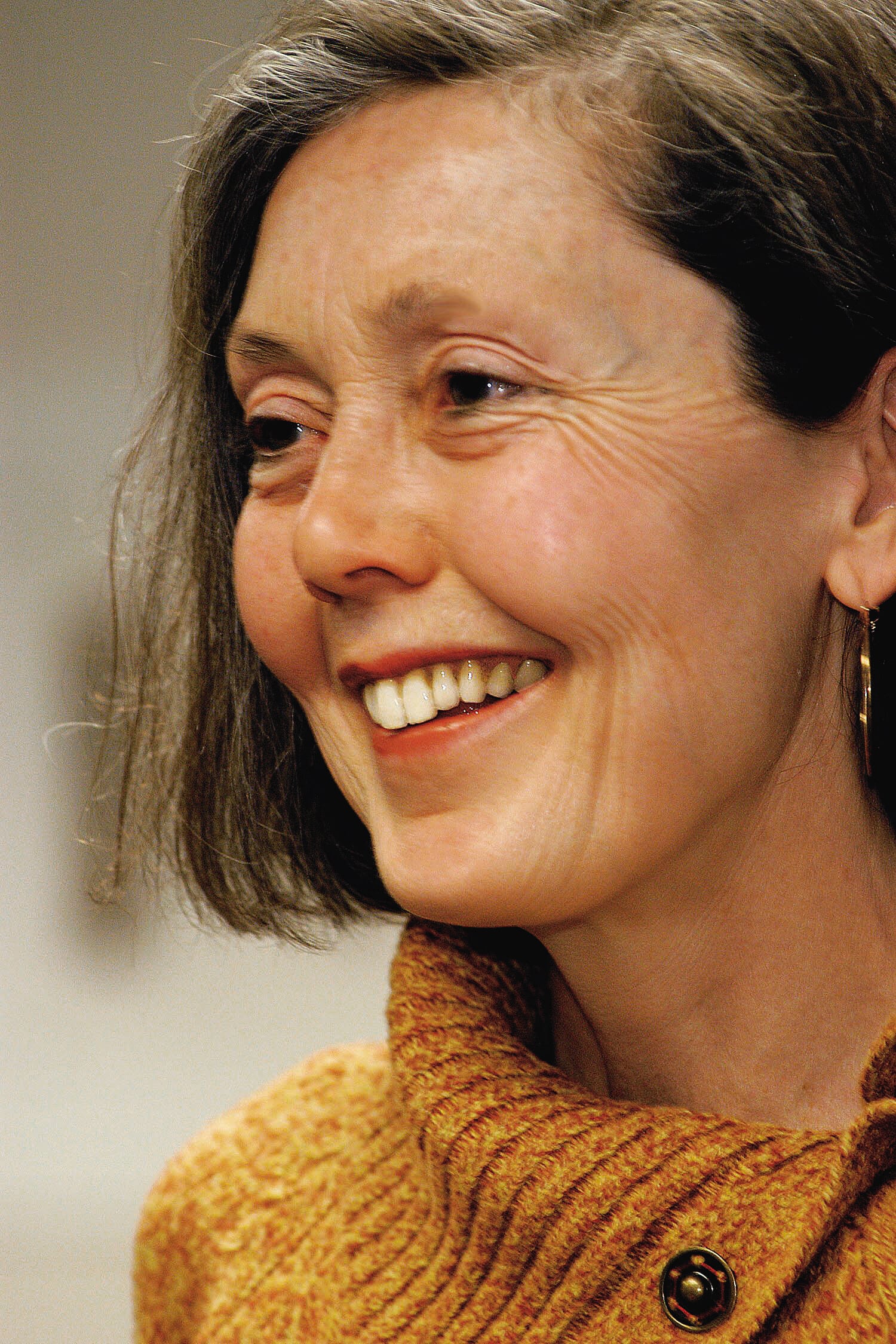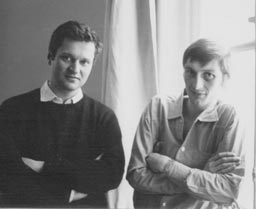
In No Time at All
after John Ashbery
No charges of treason — yet — so the property
remains untouched if not untaxed.
And surely bigger banks and asses have been broken
in half or into, making for happy thieves.
Timeless hands have made valueless change.
(Honey, here you are with a toothpick
when what’s required is a meat cleaver.)
The TV trays are all set up, dinner’s in the oven,
There’s raspberry trifle for dessert.
A robe awaits wearer, hangs limp and ill-formed,
gathers light and stillness and regrets.
The logic of wicks made for a proper burn,
patches of light illuminating the gray,
the house seems lighter if no less solemn
now that the departed has returned home.
The diary contains cries of every color,
an orchard of thorn and briar and bane.
The academy of the future has closed doors.
It is unwilling — books banned, curtains drawn.
